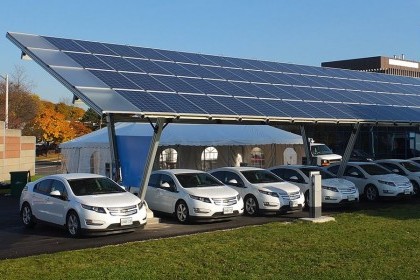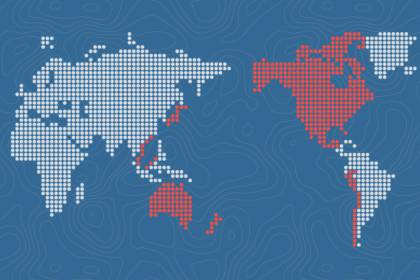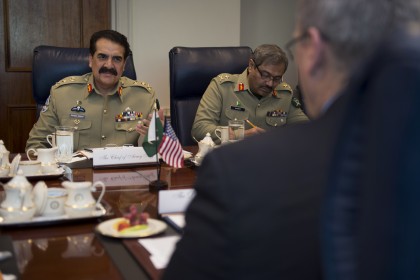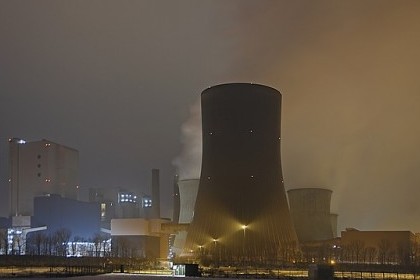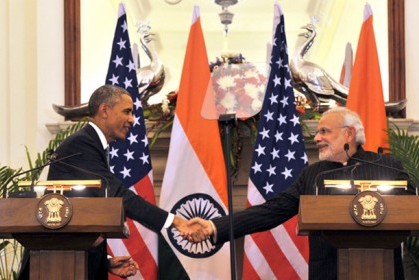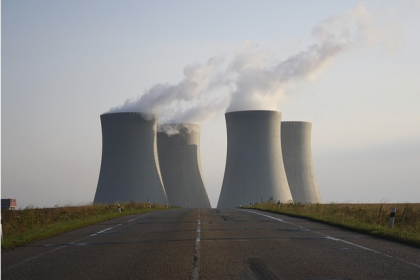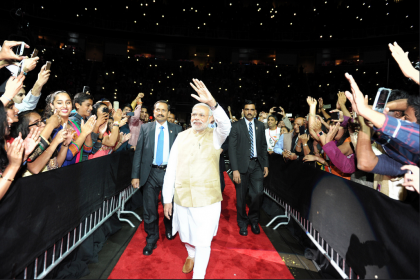Cheap finance for climate change
The Climate Conference in Paris offers the globe a chance to arrive at a firm action plan—and underpinning this chance are advances in solar and electric vehicles technology. If the Paris talks focus on making such technology and related finance available to countries like India, we can move closer to achieving climate goals

